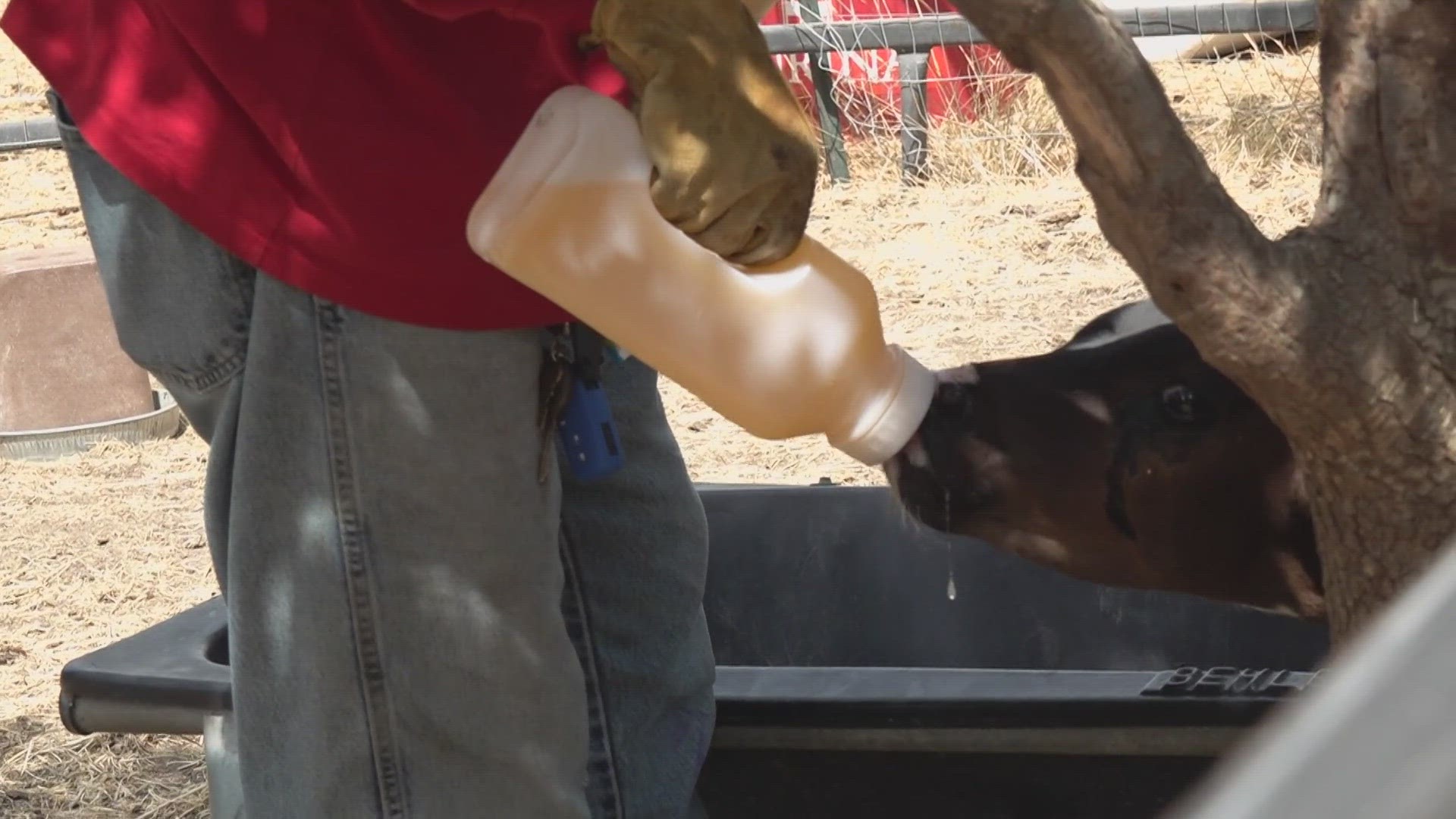BELL COUNTY, Texas — After the 6 News story surrounding issues of wild dogs attacking a Marlin woman's cattle, other ranchers are speaking out about the same concerns.
For Monique Vincent, her horse endured painful injuries after being attacked by stray dogs in her neighborhood.
"We have had historically significant issues recently with the dogs running loose, running in packs and getting after our livestock," Vincent explained.
Because of this, Vincent says she reached out to local law enforcement and animal control for help. When no help was granted, she says she only had one choice left. That was to shoot at the dogs.
"None of us like to shoot at the dogs but we don't have a choice," Vincent said.
According to the Texas Penal Code, this is in fact legal.
Texas wildlife can vary from mountain lions to coyotes and can be found statewide, and many of these animals are also prone to attacking livestock.
Texas Parks and Wildlife game warden Christopher Sanchez says if wild animals are harming your livestock, they can legally be shot and killed.
"There are options available, nothing has changed over the years," Sanchez explained. "Ranchers have a right to dispatch those animals that are providing that nuisance in protection of their livestock. There's no criteria. There's no licensing or anything like that needed when it's under those terms."
Animals are typically seen attacking livestock more often during calving season.
The Beef Cattle Research Council defines calving season as a 60-90-day period in which all calves are born.
During this period, cattle are vulnerable, and opportunistic wildlife is more prone to attack and oftentimes kill livestock.
Killing wildlife if they are a threat to your livestock is legal. Killing livestock for fun, however, is not.
"The goal is to do this lawfully. Proper licensing is necessary when recreationally killing animals in this state," Sanchez added.
When it comes to wild dogs who may be attacking your livestock, it's recommended to notify your local law enforcement and animal control of the problem to ensure the dogs don't have an owner.

